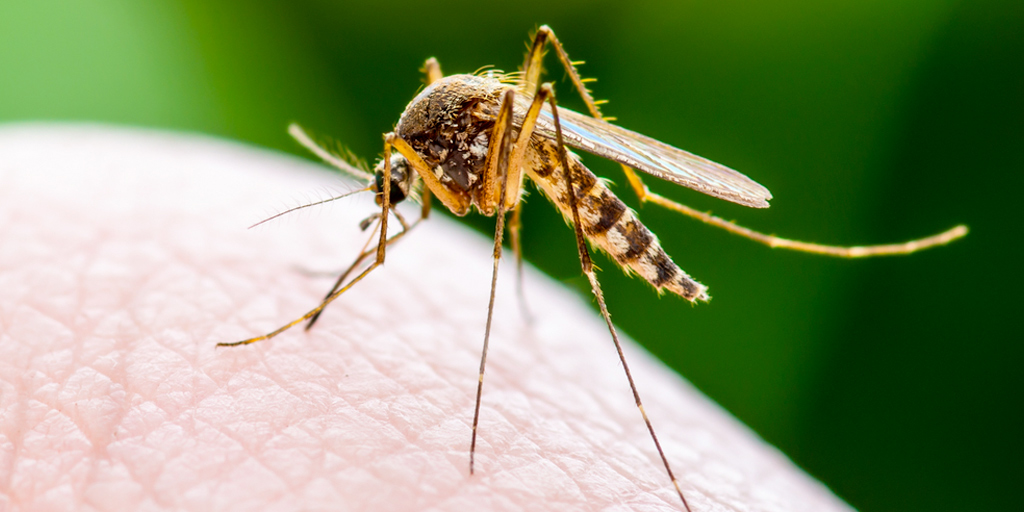Novel Way to Beat Dengue: Deaf Mosquitoes Stop Having Sex

Scientists have discovered a unique strategy to combat mosquito-borne diseases like dengue, yellow fever, and Zika by rendering male mosquitoes deaf, thereby hindering their ability to mate. This innovative approach takes advantage of the fact that male mosquitoes rely on their hearing to locate and pursue females, responding to the attractive wingbeats that signal potential mates.
Researchers at the University of California, Irvine, conducted experiments on Aedes aegypti mosquitoes, known for transmitting viruses to approximately 400 million people annually. The team focused on the insects’ aerial mating behaviors, which typically last from a few seconds to just under a minute, and sought to disrupt these interactions using genetic modification.
The scientists targeted a specific protein, trpVa, which plays a crucial role in the hearing process of male mosquitoes. By altering a genetic pathway linked to this protein, the team successfully created male mosquitoes that were unable to detect the flight tones or wingbeats of females. As a result, these genetically modified males were unable to make physical contact with females even after being housed together for three days.
The impact of this gene modification was profound; the altered males did not mate at all, while their wild counterparts copulated multiple times, successfully fertilizing nearly all the females in the same enclosure. This complete elimination of mating among the deaf males suggests a potential avenue for controlling mosquito populations by reducing reproduction rates.
Dr. Joerg Albert, a mosquito mating expert from the University of Oldenburg in Germany, praised the study as a promising direction for mosquito control, though he emphasized the need for careful study and management. He noted that the findings provide the first direct molecular evidence confirming that hearing is not only important but essential for mosquito reproduction. Without the ability to hear and acoustically pursue females, male mosquitoes could face extinction.
In addition to this approach, researchers are also exploring the release of sterile males in regions with outbreaks of mosquito-borne diseases as another method of population control. While mosquitoes are often viewed as disease carriers, they play a critical role in the ecosystem as a food source for various animals, including fish, birds, bats, and frogs, and some species are essential pollinators.













